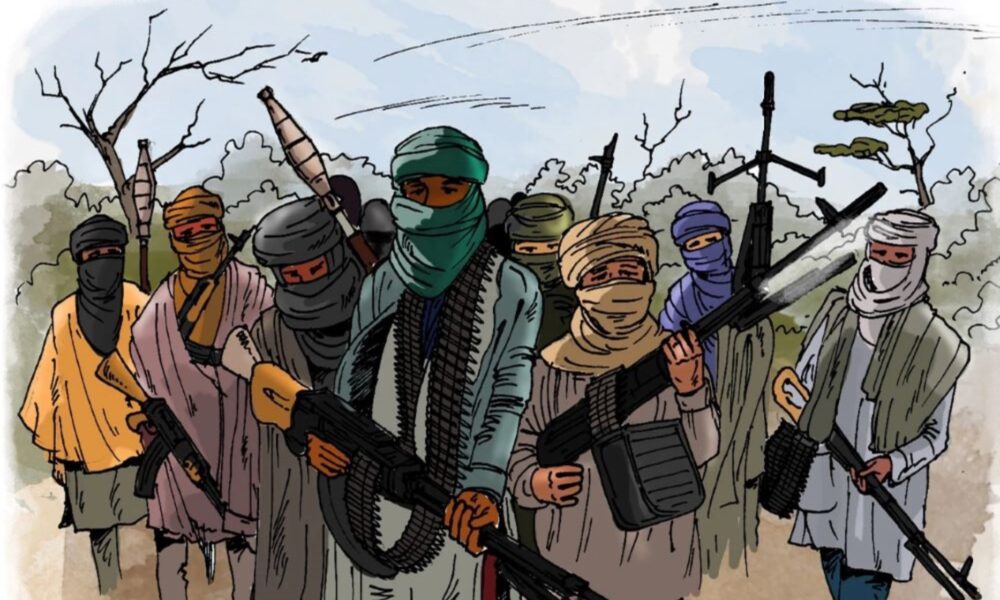The Defense Headquarters (DHQ) has confirmed that the newly emerged terrorist group, Lukarawa, has begun recruiting members via social media platforms, but reassured Nigerians that security forces are aware of the situation and are taking steps to prevent the group from gaining ground.
The group is believed to be operating in the northern states of Sokoto and Kebbi, areas that have seen a rise in violent incidents linked to the group.
According to Maj. Gen. Edward Buba, the Director of Media Operations at the DHQ, *Lukarawa* has recently escalated its activities by using social media to attract new recruits, primarily targeting young people with sermons and welfare incentives. This marks a shift in the group’s recruitment strategy, which has traditionally been more localized.
“The group has started utilizing online platforms, showcasing sermons and offering welfare packages to entice potential recruits,” Buba explained. “However, we are fully aware of their plans, and our forces are actively working with other security agencies and state governments to counter their efforts.”
Lukarawa;s presence has been particularly felt in Sokoto and Kebbi states, where they have carried out a series of attacks. The latest incident occurred in Mera town, Kebbi State, on Friday, when militants attacked during the Friday Jumaat prayers, killing at least 15 people and stealing over 100 cattle. The violence has left communities shaken and has raised concerns over the group’s growing presence in the region.
While *Lukarawa* is being described as a new group, former Department of State Services (DSS) Director Mike Ejiofor noted that the group has actually been active since 2018, initially operating in the Niger Republic. The group was reportedly formed by a local leader named Nassala, and after his death, the group moved into Nigeria, with some elements settling in Sokoto.

Ejiofor suggested that the group, despite its recent spike in visibility, does not currently pose a serious national security threat. “Although they have been operating in the region for some time, their numbers are still small, and they have not grown to the point where they can pose a significant threat to national security,” he said. “Our intelligence agencies have been monitoring their activities closely.”
The former DSS director also highlighted that the group’s recruitment efforts could be countered through stronger intelligence operations and greater cooperation from local communities. He stressed the need for residents to report any suspicious activities to security agencies to prevent the group from gaining further traction.
“This group is still small, but we cannot afford to be complacent,” Ejiofor said. “The community has a vital role to play in supporting security efforts. Reporting suspicious movements and activities is key to stopping these groups from spreading.”
In response to growing concerns, the DHQ has reassured the public that security forces are monitoring the situation and will take all necessary measures to protect lives and property. The military has also called on local communities to cooperate fully, as the fight against insurgent groups requires a united front.
The emergence of Lukarawa serves as a reminder of the ongoing security challenges in the northern regions of Nigeria, where various groups continue to exploit local grievances and instability. While the DHQ remains confident in its ability to contain the group, authorities have urged the public to remain vigilant and report any signs of extremist activities.


